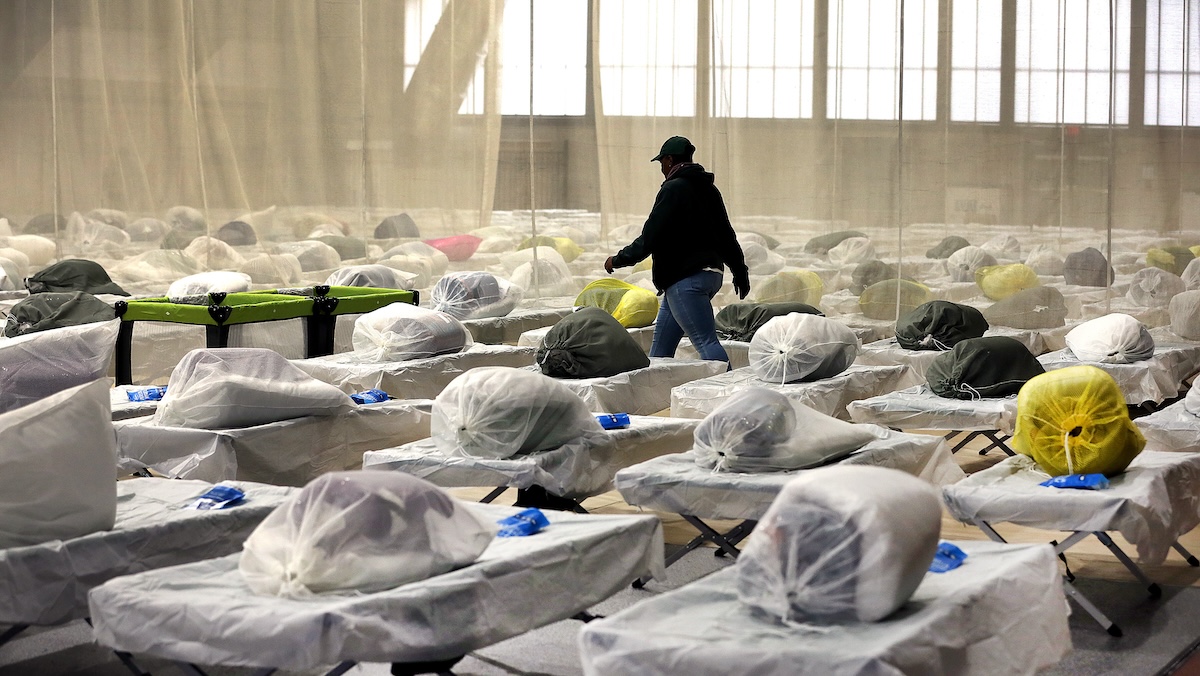Some police departments in Massachusetts are re-evaluating their policies or looking for ways to avoid high-speed chases altogether to minimize fatal crashes and severe injuries.
But while many police chiefs agree that training and new devices can help reduce casualties in police pursuits, expensive technological tools and underfunded training budgets inhibit cash-strapped local departments from making changes.
The Methuen Police Department has adopted a cruiser-launched GPS tracking device that allows officers to avoid chases without losing a suspect.
“Anything we can do to avoid a pursuit and make a safer conclusion, we try to do that,” said Methuen Police Sgt. James Moore.
The device, called StarChase, is about the size of a can of soda. It is filled with foam and the tracking device. One end has a sticky pad.
An officer can launch the tracker either from inside the cruiser, or near the cruiser using a key fob, and the data is relayed back to dispatch.
“But we’re not going to chase it at 100 miles per hour, or we’re not going to have people giving themselves a potential for danger just for a person that was stopped for a red light,” Moore said.
U.S. & World
Specific training is not required for pursuits like it is for firearms or Tasers. Each department sets its own policy on pursuits where officers and usually supervisors weigh the reason for the initial stop against the risk to the public if they chase. Most pursuits start over a minor traffic violation.
Officer Derek Licata, the Methuen department’s training coordinator, said training is critical because officers in that instant, or any high-stress situation, goes “instantly into fight or flight mode.”
“It can actually sometimes cause you to lose focus of what you’re doing, kind of end up getting tunnel vision and not really focusing on the big picture,” he said.
According to federal data, about one person is killed each day in police pursuits across the country. Between 1982 and 2016, 225 people have been killed during police pursuits in Massachusetts, about a third innocent bystanders.
Three people in Barnstable were killed late last month, including a new father coming home from the hospital.
That chase started after a driver refused to pull over in Mashpee, and the officer gave chase along Route 28. The driver crashed head-on into an SUV carrying the new father, a Marine. The Marine, the driver, and the driver’s girlfriend all died in the crash.
“Nobody wants that to happen. Nobody went out with the intent of that happening,” said Fred Leland, a retired police lieutenant from Walpole who now consults with departments on training.
Leland said local departments need more training in how and when to chase. But in the heat of the moment, when an officer hears of a speeding, erratic driver blowing through stop signs, he knows the officer thinks: “Danger. I think this guy’s putting people in danger.”
Methuen has not had to deploy its tracking device, officers there said. And they intend for the system to obviate the need for high-speed pursuits in the city from now on.
“The days of people just chasing cars, for us, they’re over,” Moore said. “We don’t look forward to that and we’re certainly not trained or encouraged to do it.”
Multiple Massachusetts police chiefs told NBC10 Boston they need more funding to buy technology like StarChase and to train officers.
But they are also calling on lawmakers to dramatically increase the penalty for failing to stop for police. They think making it a felony would greatly reduce the number of people who flee.
Currently, failing to stop for police is a $100 fine.



